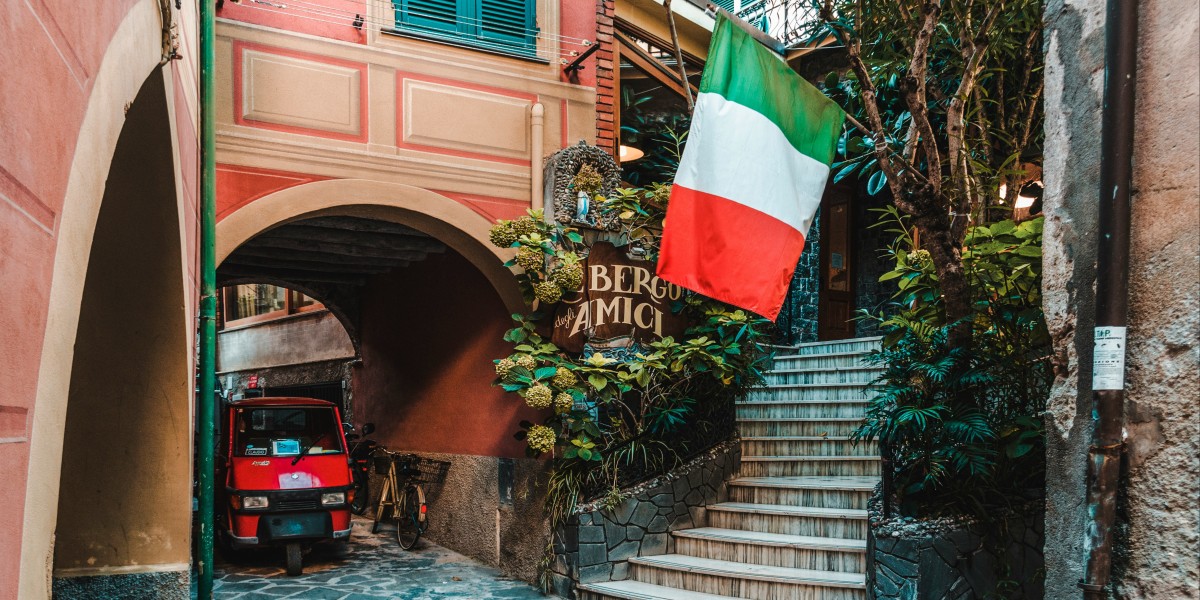
Italy provides an ideal setting for students to immerse themselves in both the Italian language and lifestyle. Each region offers a unique dialect and cultural flavour, making the experience of learning Italian richly diverse. Cities like Florence, Rome, and Siena are renowned for their educational institutions and lively cultural scenes, attracting many adults looking to improve their Italian skills. Becoming fluent in Italian is much easier when you're in the country as you can immerse yourself in the language and engage in real conversations within a few months.
Language schools like Scuola Leonardo da Vinci offer a wide range of courses tailored to different proficiency levels in various Italian cities. As Italy is a significant player in global culture, acquiring Italian language skills can open doors to opportunities within the country and beyond. You may be a student with plans to study abroad, a senior relocating to Italy and looking to integrate, or simply a cultural enthusiast. Whatever your reasons for learning Italian, signing up for a language course in Italy offers an unparalleled environment for mastering the language.
The best way to learn Italian in Italy: how to get fluent

When it comes to learning Italian in Italy, success hinges on choosing the right course and immersing yourself in the culture. Italy abounds with Italian immersion programs that cater to various learning preferences, time commitments, and budgets. Assess your goals and select a course duration that aligns with your aspirations for fluency.
Intensive courses can be particularly beneficial for significant progress in a short period, producing remarkable results within just a few months. If you have work or other commitments, evening classes might be more suitable, allowing you to gradually build your skills and enjoy learning Italian in Italy for adults or seniors. Taking a trip to Italy and learning Italian in the summer is also a great way to do it.
Types of Italian courses

Group classes foster a sense of community and provide ample opportunities for conversation practice. Alternatively, private tuition offers a more personalised approach, allowing you to focus on specific areas of interest or difficulty at your own pace. For those with particular interests, there are specialised culture courses available, such as Italian art, music or cuisine, providing vocabulary and context relevant to particular fields.
Intensive Italian course
These crash courses are designed for learners seeking significant progress in a short time, combining classroom instruction with real-world practice. Intensive courses are flexible, ranging from one week to several months, with 20 to 25 hours of teaching weekly. This structure ensures focus on grammar, vocabulary, conversation, and comprehension, essential for fluency acquisition.
Learn Italian in a semester
Enrolling in a language programme in Italy for a few months can rapidly enhance your Italian proficiency. By living in Italy, you're not just attending classes; you're living the language. Immersion combines structured learning with daily practice, helping you gain confidence in using Italian in real-world situations. Engaging with locals and participating in the vibrant daily life accelerates your journey to fluency. Joining local clubs or groups, such as language exchanges or cooking classes, offers enjoyable opportunities to practice your Italian.
1-year Italian course
Opting for a year-long programme offers a deeper, more cost-effective learning journey. This extended duration allows for more genuine exploration of Italy's diverse regional dialects and rich cultural traditions. For example, in Florence, you'll encounter the melodic clarity of Tuscan Italian, while in Naples, the musical Neapolitan dialect brings a passionate flair to everyday communication.
Preparation for the CILS Exam
The CILS (Certification of Italian as a Foreign Language) is an internationally recognised qualification certifying Italian language proficiency. Offered by the Università per Stranieri di Siena, this diploma is highly regarded by employers and educational institutions worldwide. Achieving a CILS diploma opens doors both academically and professionally, enhancing university applications and job prospects in Italy and beyond.
Learn Italian in Italy with accommodation
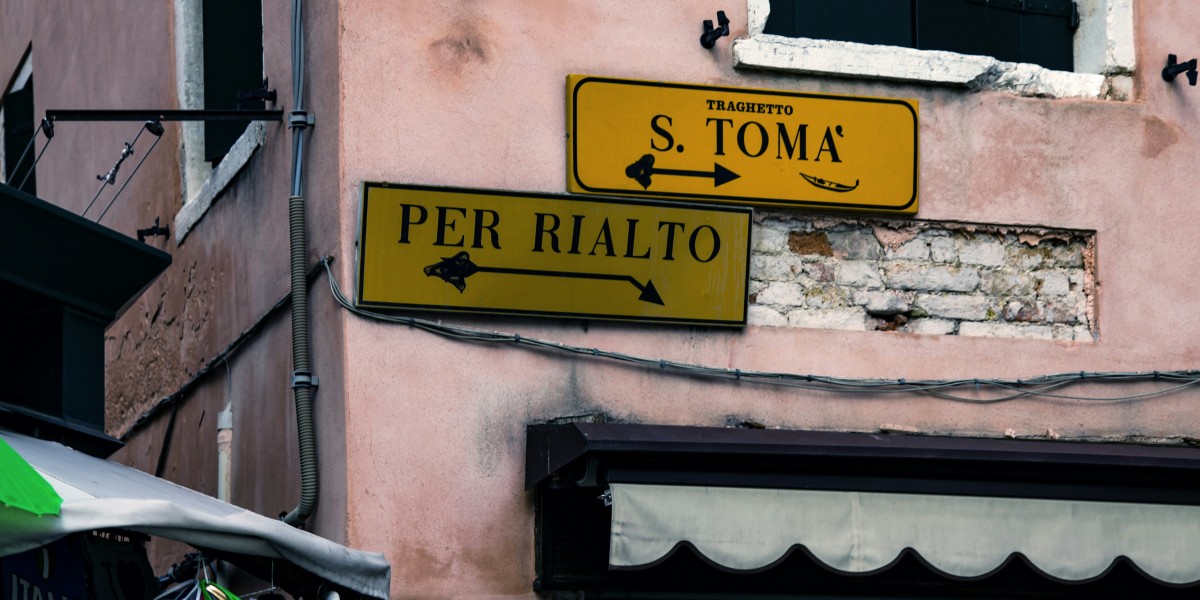
Many language schools provide accommodation options to ensure a comfortable and convenient living arrangement. These options include staying with a host family for cultural immersion, residing in a student residence, or sharing an apartment with fellow learners. Alternatively, some students prefer the flexibility of finding their own accommodation, which allows for greater personalisation.
How much does it cost to learn Italian in Italy?
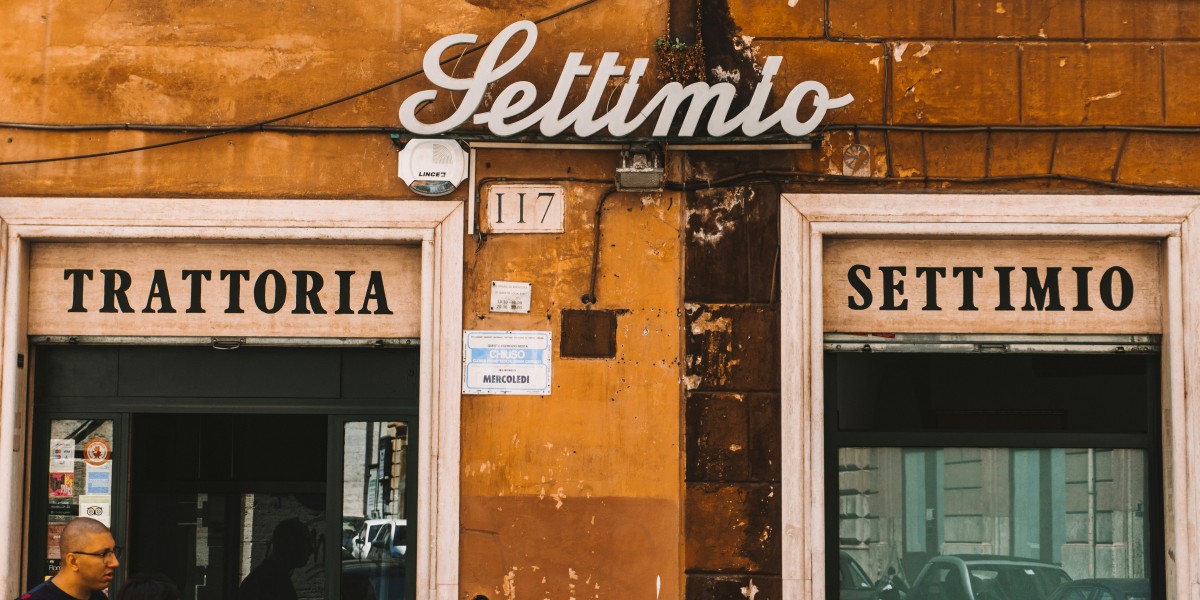
Course prices vary based on length, class frequency, and location. A one-week course with around 20 hours of group lessons typically costs around €200. A month-long intensive course in Italy costs anything from €500 up to €2000, depending on the hours of contact time with the teacher and any other extra activities. Group classes cost about €15 per session, while private classes may range from €40 per hour.
Cost of accommodation when learning Italian
Prices for student residences or shared apartments often start from around €200 per week for a single room. Homestays can be a similar price, or a bit pricier with breakfast. Discounts on long-term accommodation make extended studies more affordable. If you choose to rent a room independently, the cost varies by city, location, and whether you choose to share with others in an apartment or rent a studio apartment.
Learn Italian in Italy for free
Enrolling in a study abroad programme can offer free Italian lessons as part of a degree course. Numerous scholarships also provide cost-effective opportunities to immerse yourself in the language. Additionally, the Centro Provinciale per l'Istruzione degli Adulti (CPIA) offers free Italian language courses for adults throughout the country, as well as other educational services.
Best cities to learn Italian in Italy
Selecting the right city to learn Italian in Italy is an exciting decision that can profoundly impact your language journey. Where you choose depends on your budget, preferred climate, and the activities you want to do when you're not studying. While some cities are famed for their clear and easy-to-understand accents, others boast a wealth of cultural experiences, each presenting a distinctive slice of Italian life.
Learning Italian in Florence

Florence's artistic heritage makes it ideal for students interested in art and culture. Schools like Accademia Europea di Firenze (AEF) and Parola not only offer language lessons, but also courses on fashion, music and more. Studying in Florence is a popular choice for international students, adding to the cosmopolitan feel of the city.
Learning Italian in Rome

Rome offers a blend of ancient history and modern city life. It hosts various language schools providing comprehensive programmes suited to different needs. Some of the best language schools in Rome include Dilt International House, Kappa Language School and Romit, with the latter offering an intensive course to obtain a study visa.
Learning Italian in Siena

Siena, with its clear Tuscan accent, is perfect for beginners seeking clarity in pronunciation. Its historical setting enriches the learning experience, and language schools like L.E.A.D Educational Institute and Wall Street English Siena offer a variety of courses.
Learning Italian in Milan

Milan appeals to those interested in fashion, business, and design. It offers language schools surrounded by Italy's economic heartbeat, such as Centre of Italian Language and Culture for Foreigners (LTD) and the boutique language school PASSEPARTOUT.
Learning Italian in Bologna
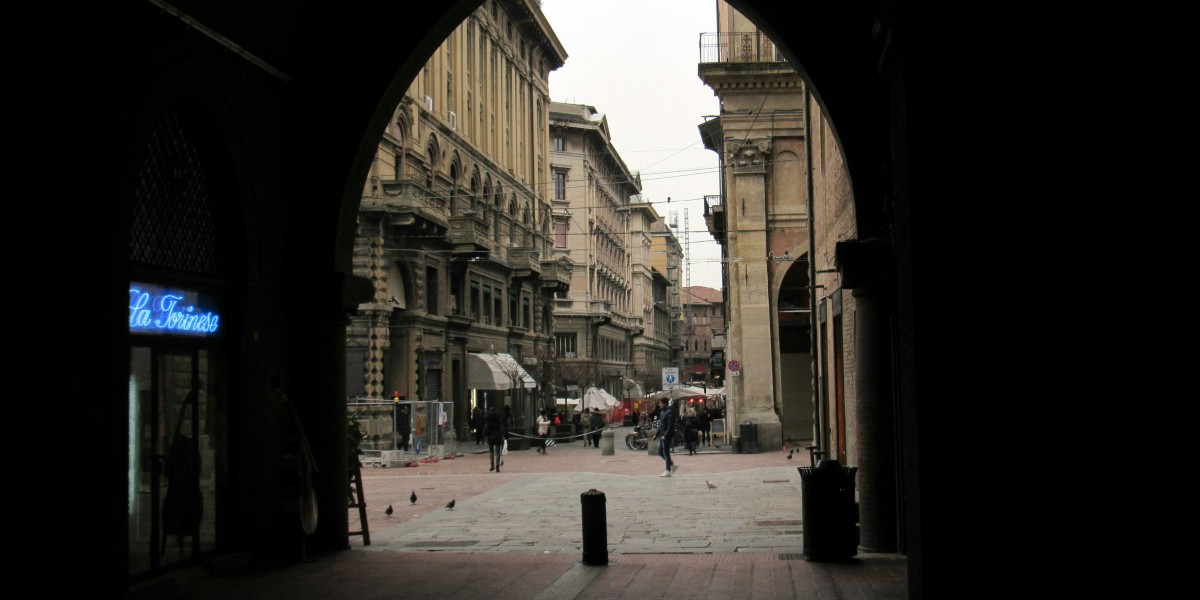
Bologna is a student-friendly city, celebrated for its prestigious university and lively atmosphere. Institutions such as Madrelingua and Itala provide immersive courses that focus on comprehensive language acquisition, offering a welcoming environment for students from around the world.
Learning Italian for over 50s
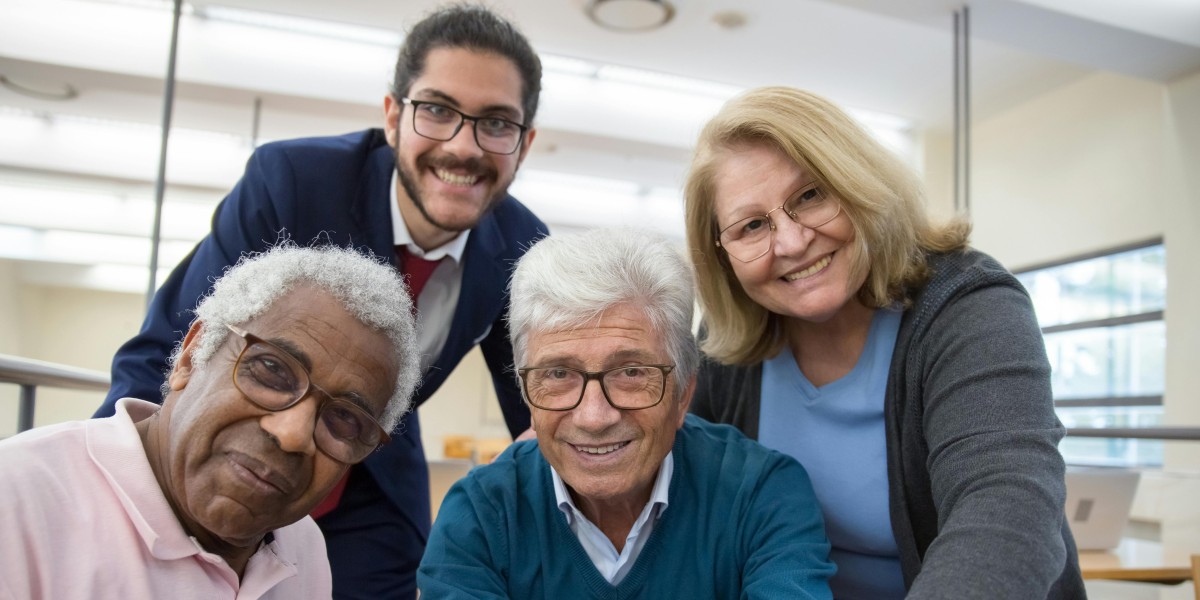
Some language schools like Scuola Leonardo da Vinci and CESA, offer special Italian courses for seniors, which combine language learning with cultural activities and day trips. Laboling in Sicily is a good example of a language school that offers Italian courses for older students during their summer holiday.
Planning your study trip to Italy

Embarking on a journey to learn Italian in Italy is an exciting adventure, whether it's to help with your student visa, expand your job opportunities or as a project in retirement. Careful planning ensures a smooth and successful experience.
Visa requirements
Non-EU citizens who want to study Italian and plan to stay longer than 90 days need a student visa. Start the application process early, as it can take time. Requirements typically include proof of enrolment in a recognised school, financial means, and health insurance. Check with the Italian consulate or embassy for specific guidelines.

